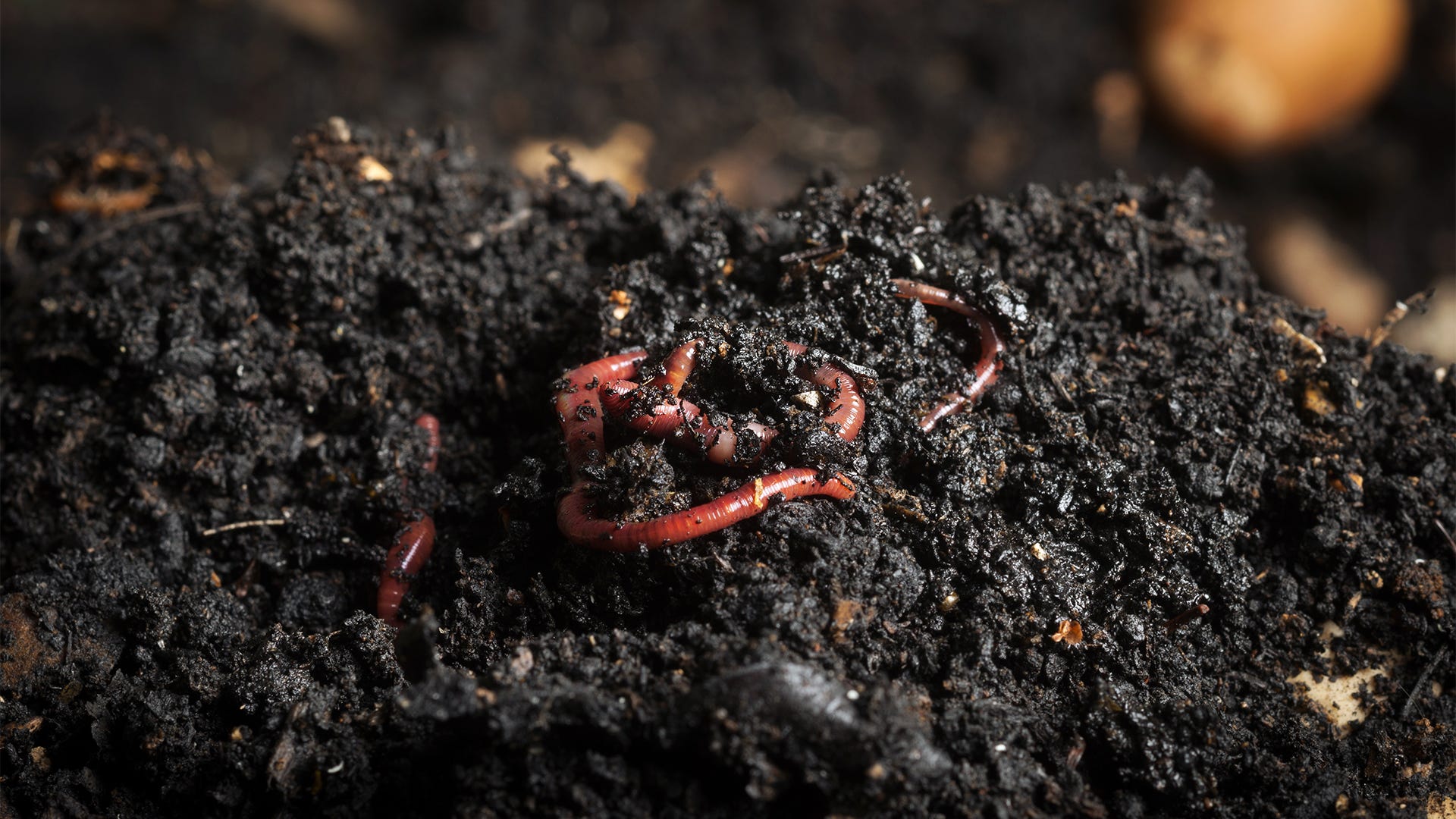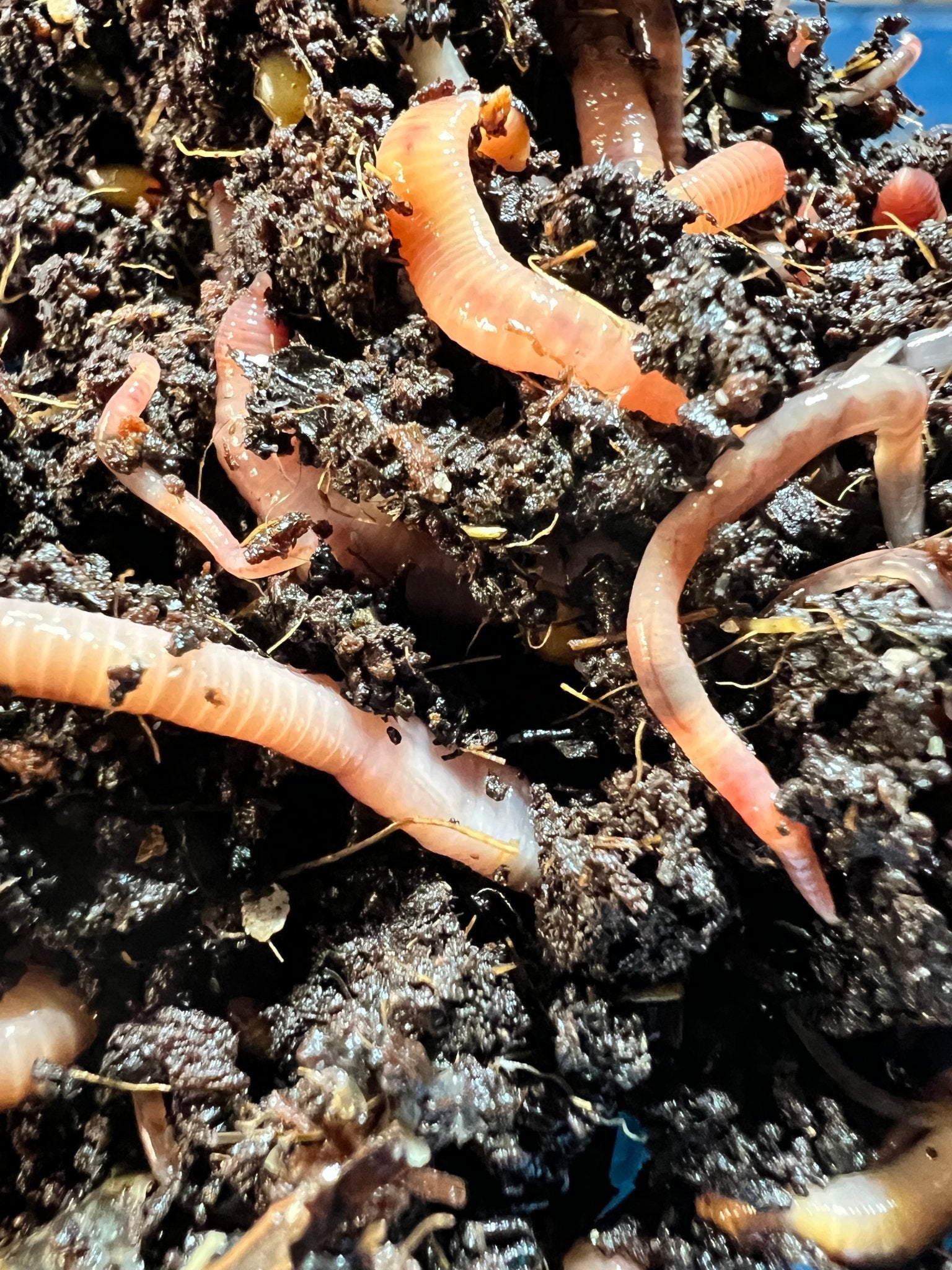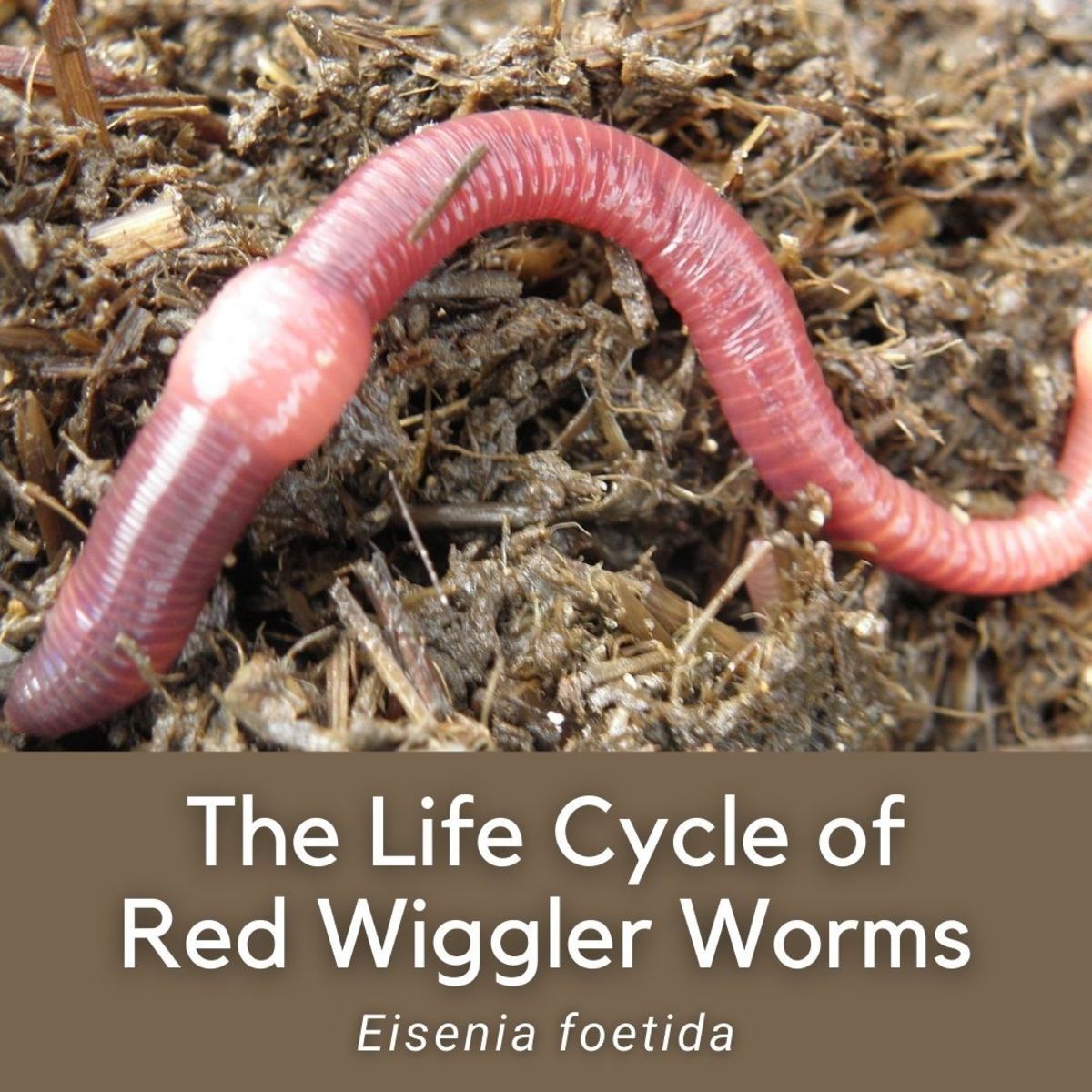Red Wiggler Worms - Vital for Healthy and Efficient Gardens
Red Wiggler Worms - Vital for Healthy and Efficient Gardens
Blog Article
Red Wiggler Worms Demystified: Opening the Keys of Vermiculture for Greener Living and Nutrient-Rich Dirt
In the world of sustainable methods for improving soil top quality and advertising eco-conscious living, red wiggler worms play a pivotal yet usually forgotten function. Red Wiggler Worms. Comprehending the intricacies of caring for these worms, enhancing their environment, and utilizing their spreadings can lead to a greener way of living and much healthier soil for plants to flourish.
The Duty of Red Wiggler Worms
Red Wiggler worms play an important duty in composting systems by successfully damaging down raw material into nutrient-rich spreadings. These voracious eaters take in a range of natural materials, such as cooking area scraps, yard waste, and paper products. As they feed, the worms' gastrointestinal processes damage down the organic issue into a fine, dark, and nutrient-dense product referred to as worm spreadings or vermicompost.
The spreadings generated by Red Wiggler worms are very valuable for soil health and plant growth. They are abundant in vital nutrients like nitrogen, potassium, and phosphorus, which are crucial for sustaining healthy and balanced plant growth. Additionally, worm spreadings contain advantageous germs and enzymes that assist improve soil framework, boost water retention, and improve nutrient uptake by plants.
Benefits of Vermicomposting

Moreover, vermicompost, the nutrient-rich final product of vermicomposting, works as an outstanding organic fertilizer and soil conditioner. It enhances soil structure, enhances soil oygenation, and raises soil wetness retention. These homes contribute to healthier plants with stronger root systems and far better resistance to diseases and bugs. Vermicompost additionally improves the soil with necessary nutrients like nitrogen, phosphorus, and potassium, promoting plant development and general soil fertility.
In addition, vermicomposting supports sustainable gardening techniques by supplying a all-natural and chemical-free alternative to artificial fertilizers. Red Wiggler Worms. This eco pleasant method not just enhances the soil yet likewise aids decrease reliance on hazardous chemicals, promoting a greener and extra sustainable way of horticulture
Establishing a Worm Container
When developing a worm container for vermicomposting, appropriate configuration is essential to guarantee the success of the composting process. The next page primary step in establishing a worm bin is choosing an ideal container. This can be a plastic container or wood box that supplies sufficient room for the worms to move and has proper water drainage openings to prevent waterlogging. Next off, a bedding product such as shredded newspaper, cardboard, or coconut coir ought to be added to the container. This bed linens gives a comfortable atmosphere for the worms and helps maintain moisture degrees.
After adding the bed linens, introduce the red wiggler worms to the container. The worms should after that be provided with food scraps such as fruit and veggie peels, coffee grounds, and eggshells.
Consistently keep track of the wetness degrees and temperature in the worm container to guarantee optimal conditions for the worms. With correct configuration and upkeep, the worm container will properly transform natural waste into nutrient-rich compost for your plants and yard.
Collecting Worm Spreadings
To successfully collect nutrient-rich worm castings from your vermicomposting system, an organized harvesting technique is crucial. When it comes time to collect the worm castings, there are a couple of crucial actions to follow to make sure a successful process.

Troubleshooting Common Issues
Identifying and dealing with typical difficulties that may arise throughout the vermicomposting process is essential for preserving a efficient and healthy and balanced worm container. One usual problem that vermicomposters encounter is overfeeding. Adding excess food scraps can bring about a buildup of wetness and level of acidity in the worm container, potentially harming the worms. To avoid this, feed the worms in small amounts, making sure that the view website food scraps are adequately damaged down before including more. Another issue is undesirable odors originating from the worm container. Foul smells indicate anaerobic problems, typically brought on by overwatering or insufficient ventilation. To correct this, change the wetness levels by adding completely dry bed linen materials like shredded newspaper or cardboard and rise aeration by turning the bed linens regularly.
Additionally, if the worm population is decreasing or the worms show up unhealthy, maybe because of environmental stress factors such as severe temperatures or pH levels. Keeping an eye on these variables and making required adjustments is necessary for the health of the worms. By repairing these common problems without delay, vermicomposters can guarantee a successful and smooth vermicomposting process while keeping a thriving worm population.

Verdict
In final thought, red wiggler worms play a crucial duty in vermiculture by breaking down natural matter right into nutrient-rich soil. Establishing up a worm container is important for successful vermiculture, and harvesting worm spreadings offers useful compost for horticulture.
As they feed, the worms' gastrointestinal processes break down the organic matter into a penalty, dark, and nutrient-dense material understood as worm spreadings or vermicompost.
The spreadings produced by Red Wiggler worms are very beneficial for dirt health and plant growth. Including excess food scraps can lead to an accumulation of dampness and level of acidity in the worm bin, potentially hurting the worms.In addition, if the worm populace is declining or the worms appear harmful, it might be due to environmental stress factors such as extreme temperatures or pH degrees. Establishing up a worm container is essential for effective vermiculture, and gathering worm spreadings offers useful garden compost for gardening.
Report this page